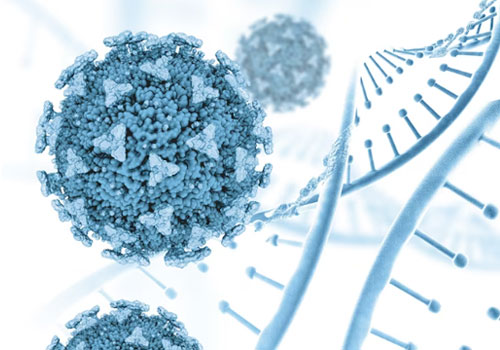| |
|
|
Immunology services encompass a range of medical activities focused on the study, diagnosis, and treatment of disorders related to the immune system. The immune system is a complex network of cells, tissues, and organs that work together to defend the body against infections, pathogens, and foreign substances. Immunology services play a crucial role in understanding and managing various immunological conditions. Here are some key aspects of immunology services:
Immunologists perform a variety of diagnostic tests to evaluate the functioning of the immune system and identify abnormalities. These tests may include:
Measurement of immunoglobulin (antibody) levels in the blood to assess the immune response.
Detection of antibodies that target the body's own tissues, which is indicative of autoimmune diseases.
Flow cytometry: Analysis of immune cell populations to assess their numbers and function.
Allergy testing: Identification of specific allergens that trigger allergic reactions through skin tests, blood tests, or oral challenges.
Immunology services involve the management and treatment of various immunological disorders, including:
Autoimmune diseases: Conditions such as rheumatoid arthritis, lupus, multiple sclerosis, and type 1 diabetes, where the immune system mistakenly attacks the body's own tissues. Treatment may involve immunosuppressive medications, anti-inflammatory drugs, and biologic therapies.
Primary immunodeficiency disorders: Inherited disorders characterized by defects in the immune system's ability to fight infections. Treatment may involve immunoglobulin replacement therapy, antibiotics, and prophylactic measures to prevent infections.
Conditions such as allergic rhinitis, asthma, and food allergies, where the immune system overreacts to harmless substances. Treatment may involve allergen avoidance, medications such as antihistamines and corticosteroids, and allergen immunotherapy (desensitization).
This includes treatments aimed at modulating the immune system to treat conditions like cancer (e.g., checkpoint inhibitors, CAR-T cell therapy) or allergic diseases (e.g., allergy shots).
Immunology services involve the administration of vaccines to prevent infectious diseases and boost the body's immune response. Immunologists play a key role in vaccine development, research, and implementation of vaccination programs.
Immunology services include the evaluation of immune system function in patients with recurrent infections, unexplained fevers, or suspected immunodeficiency disorders. This may involve specialized testing to assess specific aspects of immune function, such as T-cell function, phagocytic activity, or complement levels.
Immunology services contribute to ongoing research efforts aimed at understanding the immune system, developing new diagnostic tools and treatments, and advancing knowledge in the field. Immunologists also play a vital role in educating healthcare professionals and the public about immunological health and disease prevention.

|
|
|
|
|